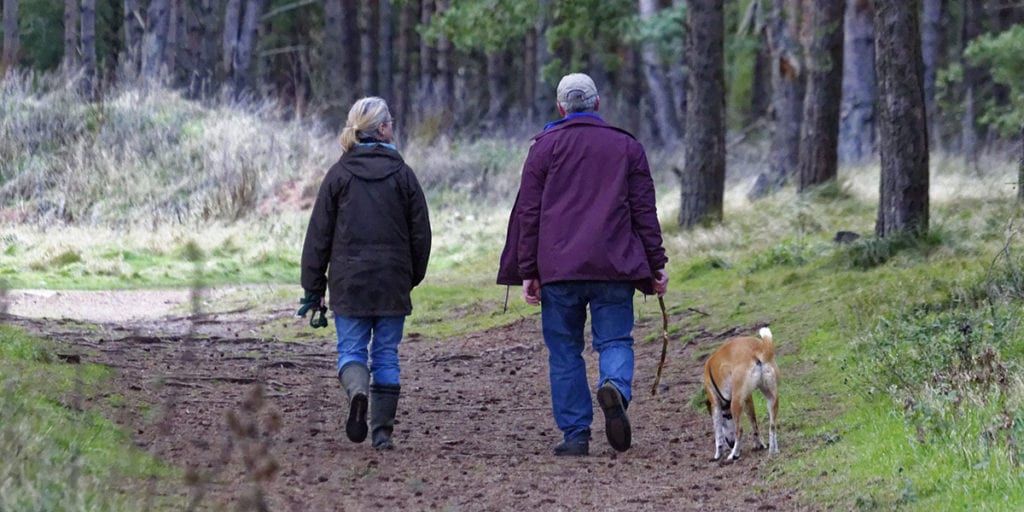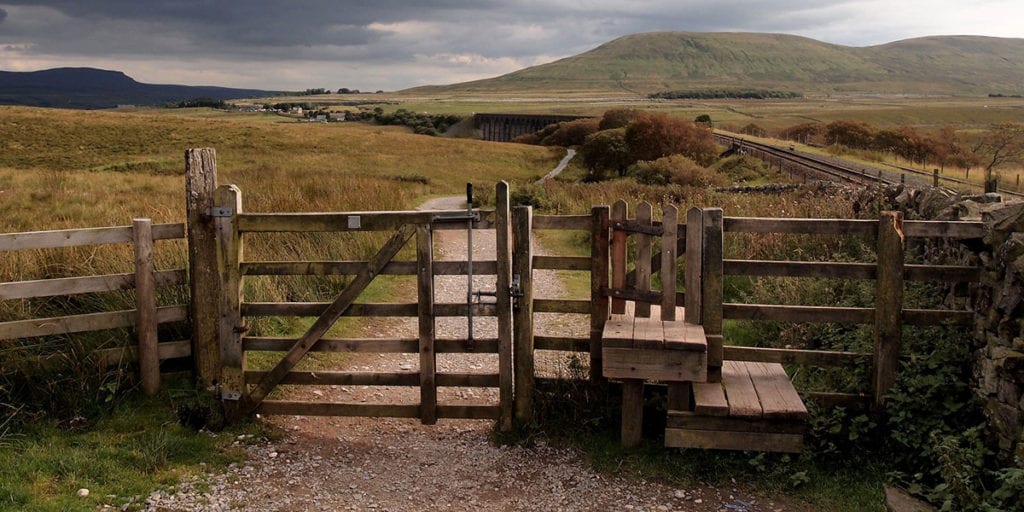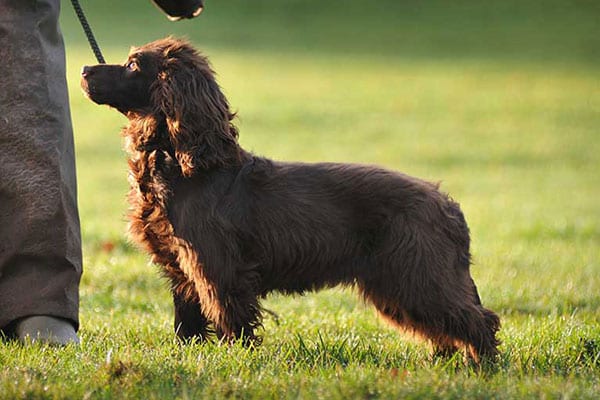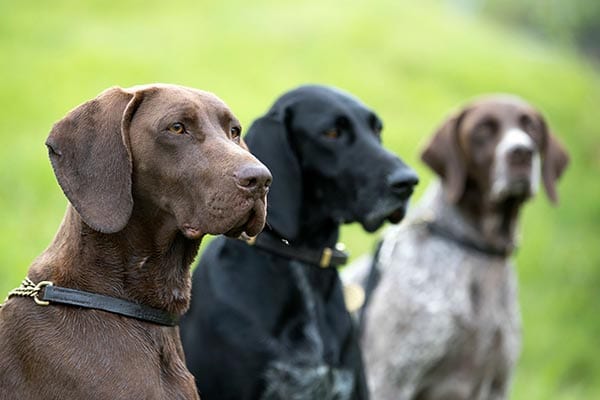Countryside respect during coronavirus

Sarah Pinnell

The current government message is #stayhomesavelives and guidance states “one form of exercise per day”. With this, more people are venturing into their local countryside for a run, walk or cycle rather than going to the gym. However, there are things we need to consider, such as The Countryside Code, in order to protect our surroundings.
Below I have outlined how you can still enjoy the beauty of the countryside while respecting the animals, species and people who live there and rely on it. Whether it be how to choose the right path to take, feeding animals or closing gates behind you, it’s all explained here.
The latest advice on what you can and cannot do during lockdown can be found here.
Where can you walk or exercise?

For general information on public rights of way, you can look at Ordnance Survey 1:25,000 “Explorer” maps . These can be purchased online in paper form or in an app store. I like bikehike.co.uk to plan my routes.
Types of paths

The general rule when choosing a path is not to wander off it, skirt fields, climb over fences, or make up your own route. If you were to do this, it would be considered trespassing on private land. Below is a general definition of the types of paths you may encounter when out and about:
Public footpath:
The public has the right to pass and repass on foot. Pushchairs and dogs are also allowed on those footpaths, but the latter must always be under the owner’s control.
Bridleway:
The public has the right to pass and repass on foot, horseback and bicycle.
Restricted byway:
The public has the right to pass and repass on foot, horseback and non-mechanically propelled vehicles.
Byway open to all traffic (BOAT):
The public has the right to pass and repass on foot, horseback, bicycle and in a vehicle.
Things you should consider when accessing the countryside:
- Keep to the recorded path. Many footpaths and bridleways cross private land, working farms and, in some cases, are close to private homes.
- Use gates, stiles or gaps in field boundaries. Climbing over walls, hedges and fences can damage them and increase the risk of farm animals escaping. Leave gates as you find them and follow instructions on signs.
- If you do see someone coming along a confined part of a path where you will not have enough room, wait for them to pass you at a wider point.
- If you know that a path in your area is likely to be busy, use a different route. Or go out at a different time of day when it may be quieter.
- Do not feed livestock (this includes horses). They may be intolerant to food you would normally perceive to be safe.
- Do not tamper with fencing around livestock and ensure gates are firmly shut.
- Remember to wash your hands before and immediately after your walk, especially before eating. If you are taking food and drink with you, take something with you that helps you wash your hands.
The Countryside Code in England and Wales
The Countryside Code offers advice on how to enjoy a safe and responsible trip to rural areas in England and Wales.
Leave no trace of your visit and take your litter home, leave nothing but footprints.
Advice for dog owners:
- Keep to the recorded path. This also applies for those who allow their dogs to wander off the path, or who throw balls onto land for their dogs to retrieve. There is no right in place for you to do this. Your dog should remain with you on the path under effective control, especially at this time of year with young lambs and nesting birds around.
- Dogs can inflict damage by chasing livestock, even if they don’t catch or visibly injure the animals. The stress of worrying can cause sheep to die and leads to miscarriages in pregnant ewes. There are other implications too; damage to fences and field boundaries caused by sheep fleeing and “mis-mothering” where lambs become separated from their mothers.
- Always clean up after your dog and dispose of the bag in a responsible way by using an appropriate bin or taking the bag home – “bag it and bin it”. Do not leave the bag on the path, hung from a tree or left where cattle or horses could eat it.
- Report attacks by dogs and sightings of dogs roaming the countryside to local farmers and/or the police.
- Do not leave dogs loose with no supervision in gardens adjoining livestock fields – many attacks are caused by dogs which escape and attack sheep grazing nearby.
- Familiarise puppies with farm livestock from a young age to reduce the risk of them attacking sheep or cattle as adult dogs.
It is important to train your dog in order to keep it under proper control when out in the countryside. Good training reduces the risk of your dog worrying livestock and means that you can feel confident when enjoying a walk with your dog.
BASC has several blogs on how to train your dog, for example:
Advice for landowners
- By law, rights of way must be clear and with unobstructed entry. You must not discourage rights of public access with misleading signs. Trespassing is often unintentional so please be understanding.
- If a dog is caught worrying sheep, or you can prove that the dog worried sheep, the maximum penalty for the dog owner is a fine of up to £1,000. The police also have the powers to detain a dog suspected of worrying livestock if there is no owner present.
- A farmer does not have a legal right to shoot a dog that is worrying their livestock – what they have is a legal defence. Shooting a dog should only be considered as a last resort.
Click here to read The Countryside Code and refresh your knowledge.
So, let’s help our communities by always adhering to The Countryside Code. We all want to enjoy what the fantastic British countryside has to offer. Do this safely, don’t spoil it for others and respect the countryside at all times.
Stay safe everyone and keep washing those hands.
The information here is correct to the best of BASC’s knowledge. It cannot be used to defend any actions taken by individuals if they are in breach of the law or common courtesy.


